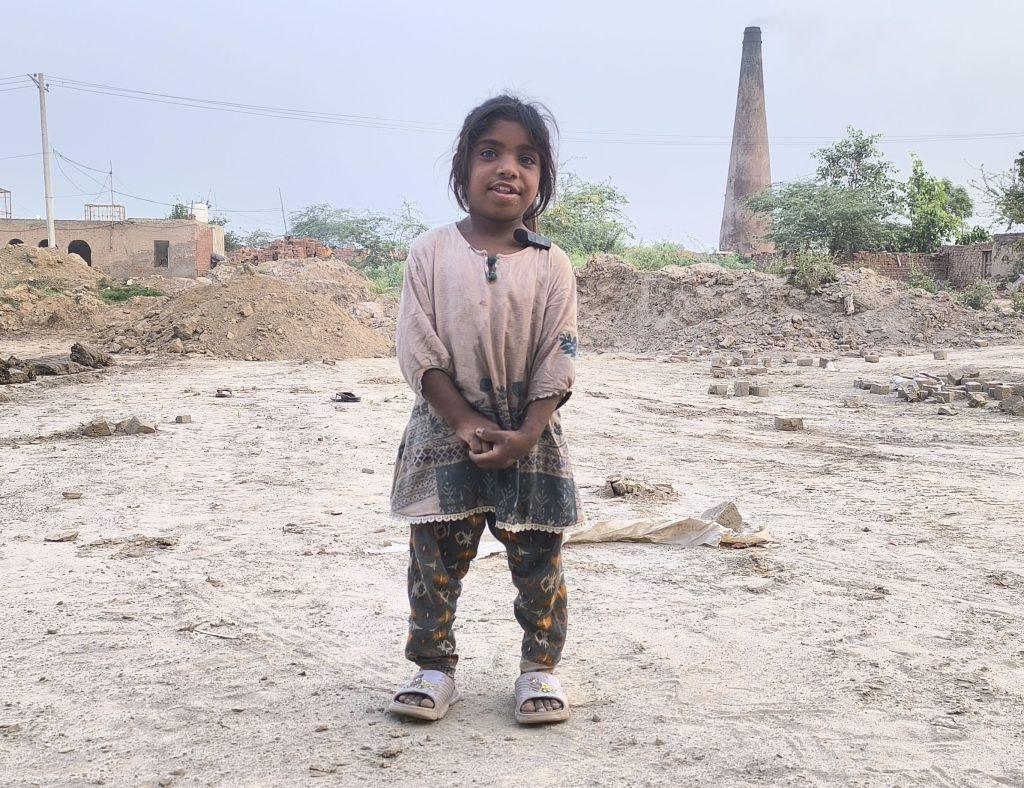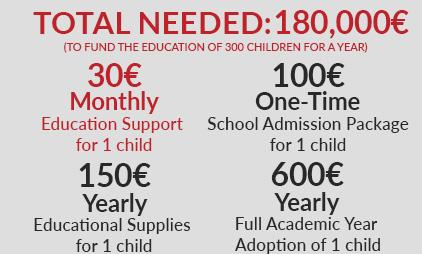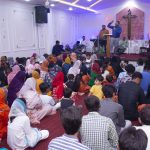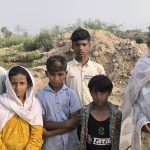
ARK Child Education Support

Project Summary
This project seeks to liberate and empower 300 children trapped in bonded labor across brick kilns, agricultural fields, and informal industry by providing full educational support. Through structured monthly and annual donation tiers, the initiative enables school access, supplies, and holistic care—transforming child laborers into learners. Education will serve not just as a right, but as a means to break the generational cycle of forced labor.
Background
Across rural and peri-urban regions, thousands of children are trapped in modern-day slavery. In brick kilns, farms, carpet factories, domestic work, and small-scale industries, children as young as five are subjected to long hours, dangerous conditions, and zero access to education. Many are born into bonded labor, repaying familial debts that can never be cleared.
The absence of schooling perpetuates their exploitation, limiting any chance of escape or dignity. This project targets these children—isolated, invisible, and exploited—and offers them an education-based path to freedom.
- Rescue and enroll 300 bonded child laborers into formal education within one year.
- Provide school admission, supplies, and long-term learning support.
- Monitor child safety, attendance, and academic progress in partnership with local schools and community leaders.
- Educate parents and employers on child rights, pushing for systemic shifts.
Support Tiers and What They Cover
- Monthly Education Support – 30€/month
Supports a child’s school fees, daily learning costs, and essential academic needs.
- School Admission Package – 100€ (one-time)
Covers formal enrollment, school registration, basic uniform, and ID documentation.
- Educational Supplies Kit – 150€/year
Provides textbooks, notebooks, school bag, stationery, and hygiene materials for one full academic year.
- Full Academic Year Adoption – 600€/year
Sponsors all costs for one child including admission, tuition, books, transportation, nutrition, and regular progress assessments.
Implementation Plan
- Step 1: Child Identification
Work with field teams, local NGOs, and community informants to locate and verify enslaved or bonded children. - Step 2: Documentation & Rescue Coordination
Secure parental consent or legal protection (in cases of trafficking), and initiate child enrollment. - Step 3: Educational Integration
Place children in local public or private partner schools. Supply them with learning materials and basic counseling. - Step 4: Monitoring and Support
Field officers track attendance, health, and academic progress. Families are counseled regularly to prevent return to labor.
Long-Term Impact
- Reduction in generational bonded labor through education
- Empowered youth equipped with literacy, rights awareness, and future employability
- Community shifts in attitudes toward child labor and schooling
- Policy-level advocacy grounded in grassroots realities























